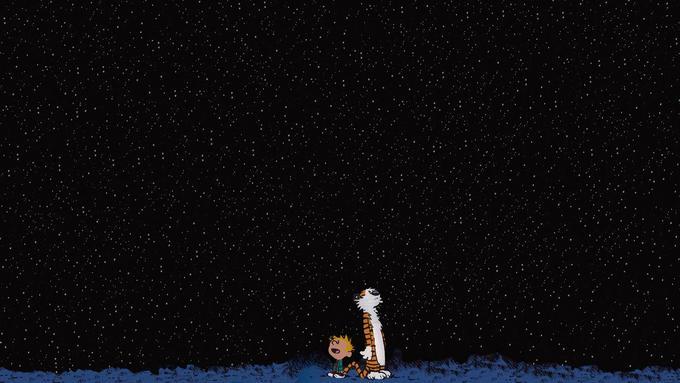
RitaE / Pixabay
At school, I occasionally I find an empty pop can in the garbage. This is particularly distressing to me when there is a recycle bin right next to the garbage can. This leads to an inevitable rant on the importance of recycling. Following one such outburst, that moved quickly from beverage containers to SUVs, a student asked, “Why recycle if God is going to destroy the world anyway?”
“Because he’s not,” I said.
God is not going to destroy creation
In Genesis 1, God declares creation to be “good” six times and on the final day, it’s “very good.” The created goodness of the world is a consistent theme in the Bible.
“The earth is the Lord’s, and everything in it” (Psalm 24).
God creates this beautiful and wonderful creation. He loves it.
This is why Satan deliberately sets out to ruin it.
In Paradise Lost he says,
To do ought good never will be our task,
But ever to do ill our sole delight, [ 160 ]
Because God loves it, Satan delights in its destruction.
So let’s be clear–there is a force in the universe that loves the created world that wants to see it flourish, and another force bent on destroying it. God is not going to destroy this world–to do that, he’d be joining the other team.
Which Side Are You On?
God’s love for creation as declared in the beginning, is consistent with what is presented in the end.
In Revelation 21 John describes the vision given to him by Jesus at the end of time.
I saw the Holy City, the new Jerusalem, coming down out of heaven from God, prepared as a bride beautifully dressed for her husband. And I heard a loud voice from the throne saying, ‘Look! God’s dwelling place is now among the people, and he will dwell with them. They will be his people, and God himself will be with them and be their God.’ (Revelation 21: 2-3)
The end, fits the beginning. Because he loves this world, he is pleased to come live in it. Heaven–God’s very presence–comes down. He comes down to where we are, to be with us–in His creation. This was his intention for the Creation, and it how it will be in the end. Or, more accurately, at the new beginning.
God says in Revelation 21:5, “Behold, I am making all things new.” Darrel Johnson points out that God does not say, “Behold, I am making all new things.” God is not destroying the earth and starting over, He’s restoring what he’s already made.
So what do we do in the mean time? The task of humanity is to live in accordance with his purposes. Notice again, Revelation 21:5. It doesn’t say, I will make all things new. It’s “I am making all things new.”
Stewardship
How is God making all things new? It began with Christ’s death and resurrection–he died, not just to redeem people, but all of creation. Colosians 1:19-20 says, “For God was pleased to have all his fullness dwell in him, and through him to reconcile to himself all things, whether things on earth or things in heaven, by making peace through his blood, shed on the cross.”
Christ’s work continues through his people, the church until he comes again.
There are two forces at work in the world–one that would destroy the creation and one that would see it flourish.
So, those who wish to live and work in accordance with God’s purposes will start by taking recycling very seriously.
And that will be just the beginning.

